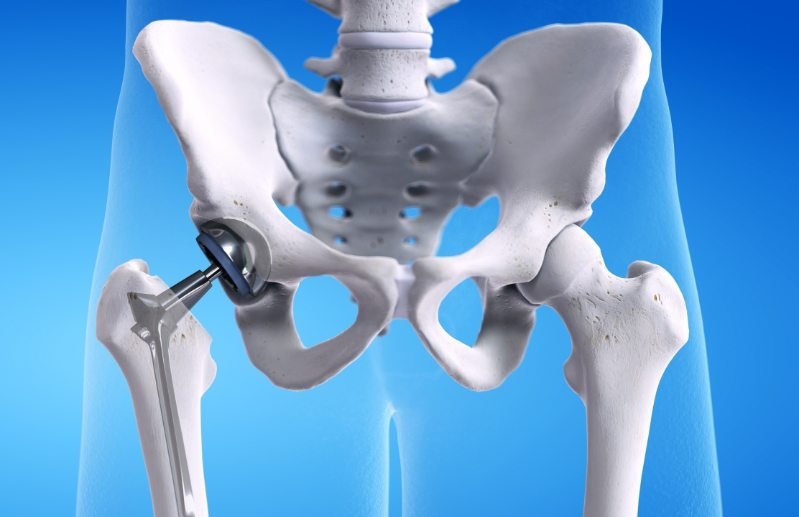-
April 29, 2020
-
0

Understanding orthopaedic trauma
Orthopaedic trauma is an umbrella term which describes all sorts of injuries that affect your bones, muscles, joints, ligaments and tendons resulting from trauma. The wide-ranging term is used to refer to minor fractures or severely broken bones that can directly threaten your life. Orthopaedic trauma focuses on treating broken or fractured bones and bringing the injured part of your body to its original form with maximum function. It is a sub-speciality of orthopaedic surgery.
What are the causes of orthopaedic trauma?
The most common causes of orthopaedic traumatic injuries are falls, sports accidents, vehicular accidents, severe coughing, twisting the ankle and violence. Some people are at higher risk of developing orthopaedic trauma if they suffer from bone conditions such as osteoporosis. This condition causes your bones to become weak and fragile, so they can break easily even from a minor slip or fall. People with conditions that affect their balance or eyesight are more prone to falling and injuring their bones.
There are different types of orthopaedic trauma and they are classified based on the area that is affected.
- Upper extremity injuries include broken ribs, collarbone, arm or wrist
- Lower extremity injuries include broken legs, hip or ankle
- Soft tissue injuries include affected tendons, ligaments and muscles
What are the symptoms of orthopaedic trauma?
Some of the most common symptoms associated with orthopaedic trauma include:
- Swelling
- Tenderness
- Bruising
- Inability to move the affected part
- Bleeding due to damaged skin
- Numbness
- Pins and needles sensation
Most symptoms are based on the affected area, such as difficulty breathing or coughing due to broken ribs. It is important that you seek medical attention immediately after a fall or accident if you are showing any of the above symptoms.
Contact
JAYANAGAR
BANASHANKARI

